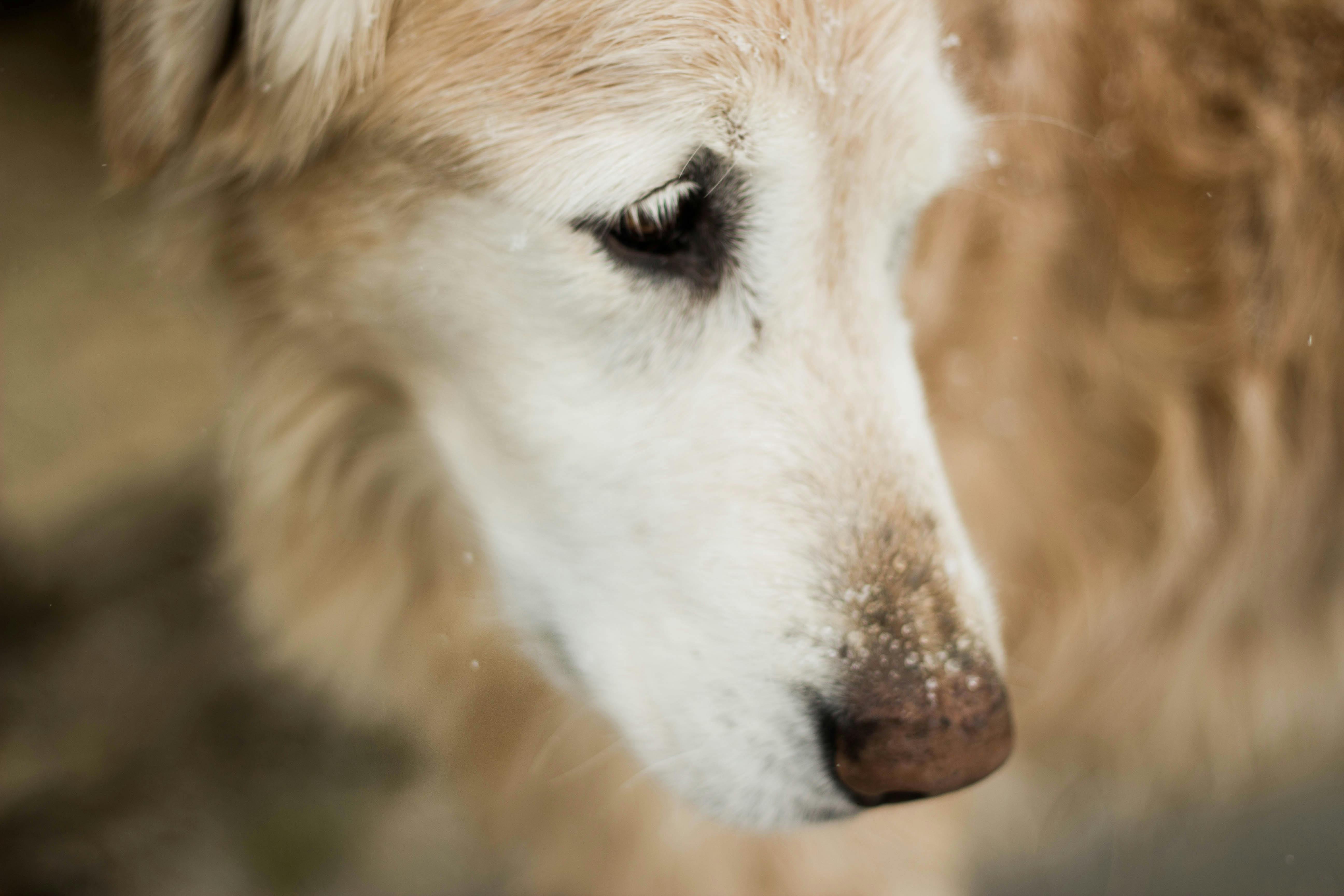What do I know about adopting dogs?
I have always adopted a dog instead of buying it. It seems correct: there are so many unwanted dogs in the world that need good homes. And adopting a dog can be incredibly rewarding despite some potential initial problems.
So far I have had six adopted dogs: a mongrel, two greyhounds, two West Highland White Terriers, and most recently a Spinone Italiano dog.
I recommend? – Absolutely!
What can adopting a dog offer?
As far as the dog is concerned, of course, you are providing a home for an animal that would otherwise be left in a kennel or even potentially euthanized.
For your family, you have the satisfaction of knowing that you have given a good home to a dog, as well as having gained a loving family pet.
Why do dogs come up for adoption?
It is a myth that all dogs come for adoption because they have behavioral problems. Those dogs are few and far between, and a responsible relocation organization will always try to fix behavioral difficulties before allowing the dog to be adopted.
There are several possible reasons for adopting a dog. Ours have included owners who have separated and are no longer in a position to keep their dog, older dogs whose owners can no longer pay vet bills, families who have a child with asthma who cannot tolerate dog hair. , puppies that get too boisterous and need more attention than their owners can give them and, in the case of greyhounds, dogs that have just outlived their usefulness.
So don’t assume it’s the dog’s fault. Humans are more likely to have had the problems.
What are the benefits of dog adoption?
* Rescue dogs are usually older dogs, so you won’t have the same problems with house training and puppy chewing, for example.
* Your rescue dog must be spayed or neutered so that you do not have to deal with that cost.
* A good rescue center will know the personality and temperament of each dog and will be able to adapt the needs of your family to a suitable dog.
Deciding to adopt a dog.
Having a dog is a great responsibility. Before going to a rescue center, ask yourself these questions:
* Do your homework. If you’re thinking of a particular breed of dog, be sure to read as much as you can about that breed – look at its personality, its exercise and grooming needs, if it has any particular health concerns, how easily it trains.
* If you don’t mind a “stray” be sure to decide what size dog fits your family. If you live in a small apartment, for example, don’t think about adopting a German Shepherd cross.
* Have you had a dog before? If not, consider adopting a quiet, small to medium-sized dog that will easily keep and train.
* How long do you have to take care of your dog? If you don’t have much, look for a dog with a curly coat that won’t shed and doesn’t need a lot of grooming, and a dog that doesn’t need a lot of exercise. Greyhounds, for example, only need two fairly short walks a day.
* What is your budget? If it’s tight, get a small dog that doesn’t need as much food and avoid older dogs that may need more veterinary treatment. But keep in mind that all dogs need treatment from time to time, even if it’s just annual vaccinations. If you don’t have the money, don’t get a dog; it is unfair to assume a responsibility that you will not be able to fulfill.
* Do you have children or elderly people living with you? If so, don’t get a big, dominant dog, go for a smaller, quieter breed. Whippets are particularly good with older people.
* Be prepared to spend time with and about your dog: walking, training, grooming, feeding, cuddling and cleaning up his mess.
How to find a dog adoption center.
* If you want a specific breed, search the internet for your country’s (or region) association for that breed. Most will have a section on their site on how to adopt a rescue dog. For example, when I decided to adopt a Spinone Italiano, the starting point was the website of the Italian Spinone Club of Great Britain.
* If you want a mixed breed dog (a “mongrel”), search locally for the nearest adoption center. The best place to start for most countries is the Society for the Protection of Animals (in the UK, the Royal Society for the Protection of Animals); They have adoption centers in most countries and are very clear on their adoption policies.
* You will probably also have a local rescue center. These centers often do an excellent job of rehousing unwanted animals, just make sure they have been checked by a vet. We have personal experience of a local rescue rehousing very sick animals that really should have been considered for euthanasia.
What is the next step?
Our second article in this series will discuss what happens next: what happens during the adoption process, and how to find the perfect dog for your family.



